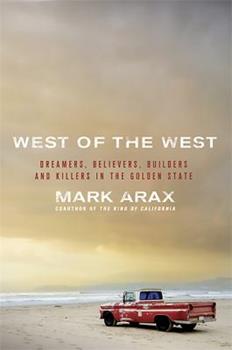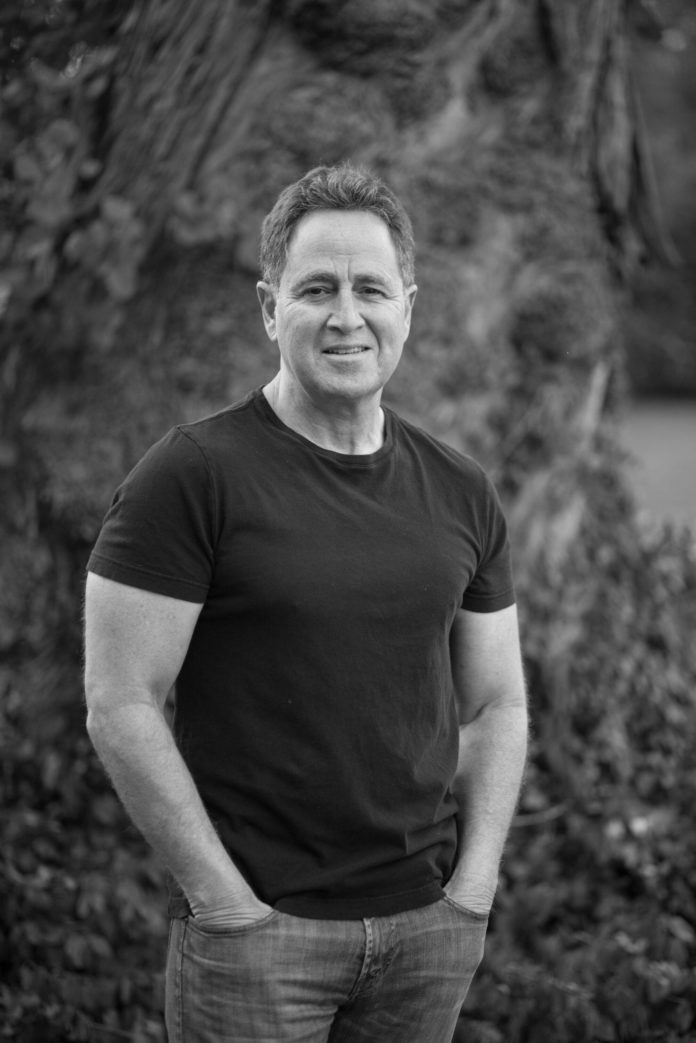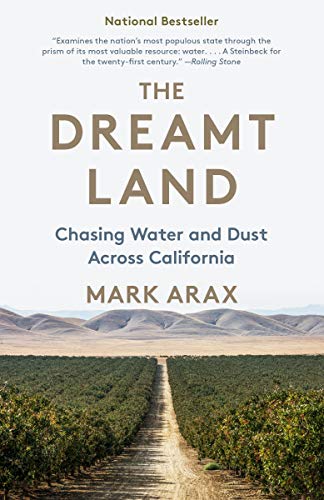I sometimes wonder what the Mamas and the Papas would think if they were still around to see the big ole’ mess that California has become. A conflagration of intensified forest fires, and droughts; economic inequality that has left thousands homeless in the streets and Hollywood liberals lodged in the scorched hills. Would Mama Cass still gingerly tap her heels together when she sings?: “All the leaves are brown/And the sky is grey/I’ve been for a walk/On a winter’s day/I’d be safe and warm/If I was in L.A./California dreaming/On such a winter’s day.” California, an American El Dorado that spawned entire industries and educational institutions that are the envy of the world (Hollywood, Silicon Valley, Stanford, Caltech).
Yet as we have long known, the Golden State has always had a less mythical side to it. Joan Didion in particular has written about California’s underside and its history of graft in her 1968 classic Slouching Toward Bethlehem, starting with her title essay, a devastating look at the Haight-Ashbury drug culture. Didion is writerly elegance personified, her essays composed like fine symphonies, every word a note perfectly sounded. California has of course been abundantly written about as well in the stylistically distinct books of William Saroyan, John Steinbeck and Nathaniel West.
To these great names, Mark Arax deserves to be appended for the meticulous research and reporting that he has put into his three books about his home state. He is as much a historian as a journalist, trying to uncover the endless chicanery that has shaped California since its inception. His 1996 memoir In My Father’s Name was a searing look at the underside of Fresno, a town rife with corruption and gangsterism of every conceivable type. Arax’s father was gunned down one night in the bar that he owned when Arax was just a little boy and so began a thirty year search to find out who was responsible for his death. Was Arax’s father involved in drugs or to the contrary a whistleblower? Or was the shooting just a sad robbery gone bad? Arax also digs deep into the lives of Fresno’s different ethnic communities that each ruled its different fiefdoms (Armenians, Volga Germans, WASPS, Mexican) while detailing the prostitution, crime and police corruption that ruled the city at the time. Like many Armenians, whose families fled to Fresno after the Hamidian massacres of 1896 and then the Armenian Genocide in 1915-23, Arax comes from a family of Central Valley farmers. His love for the land is evident in every sentence that he writes: its natural beauty as well as the man-made orchards and fields of crops that have been planted and labored over for some two centuries now, and which is said to provide 40 percent of the food that America consumes. The richness of this book lies in Arax’s ability to weave together the history of this place with his obsessive search to uncover his father’s executioners.
As the L.A. Times correspondent responsible for covering the Central Valley, Arax would become aware of the danger posed by “Big Ag” and the ruthless use of technology to produce ever increasing amounts of crops that the soil and water of California cannot forever accommodate. The statewide water distribution system — a dizzying series of canals, aqueducts and rivers (redirected, merged, siphoned off) built mainly from the 1930-’60s represents so many engineering miracles and triumphs — yet it is also outdated and its growth today unsustainable. Arax chronicles all this and more in his encyclopedic 550-page opus The Dreamt Land (2019). Arax is first and foremost an a investigative reporter — here he interviews everyone from Stewart Resnick, the wealthiest farmer in America whose 120,000-acre empire goes by the simple name of “Wonderful,” (who could make that up?), to a waitress in a diner-cum-fish museum in a dusty town that has been left behind economically. Along the way, we meet everyone from crazed gold prospectors to cutthroat cattle barons and Franciscan Friars who convert Native tribes and destroy their language and culture in the process. We also meet Annie and Lawyer Cooper, one of the families in the once-prospering black town of Fairmead. They wake up one day to find that the corporate entity that has bought and expanded the almond orchards surrounding them drains so much of the underground water that they can no longer do laundry or cook without Lawyer having to fetch water in a well with an old fashioned bucket in hand and haul it back several times a day in spite of his advanced age.
And we see how time and again water has been the key factor in California’s growth: how politics, legal cunning, and often outright theft were used so that a particular wealthy landowner’s crops could be irrigated, or entire cities like Los Angeles have water to drink — and also for their front lawns and pools. The concept of a particular crop belonging to a particular land — the way that say apricot or pomegranates are associated with Armenia — also flew out the California experiment window long ago. So rich is the soil, so driven the farm owners and so lucrative the profits, that acreage devoted to grapes one year will see its vineyards deracinated the next to plant pistachios say — or almonds, etc. This of course wreaks havoc with soil and water supplies, as well as on indigenous fish and bird species, but so be it. Perhaps it is Arax’s Armenian roots, but the author also spends many pages decrying the terrible treatment of California native tribes like the Yokut who have been all but eradicated — their lands taken, their sacred mountains and rivers defiled. The fate of Chinese immigrants and workers who never make it big is also a part of the California story, as are self-made charlatans who travelled the state collecting huge fees in exchange for “rainmaking” or creating storms by way of magic potions. Pick any chapter in The Dreant Land and become privy to fascinating anecdotes and hitherto occulted historical events that make the story of California and its dependence on water uniquely complex.










